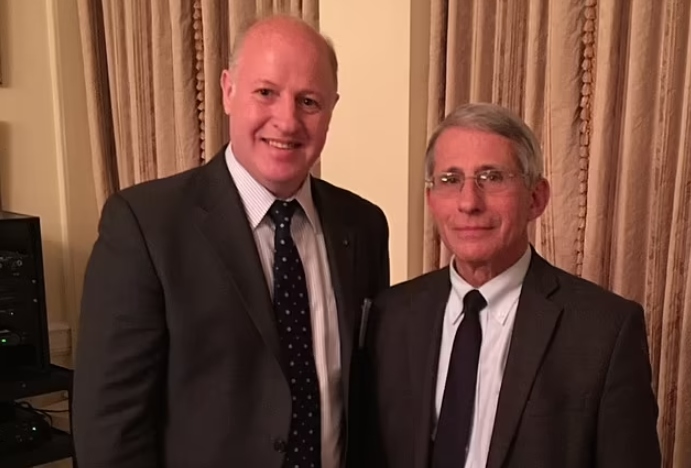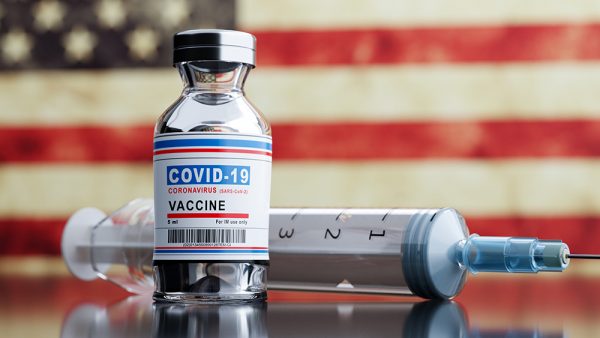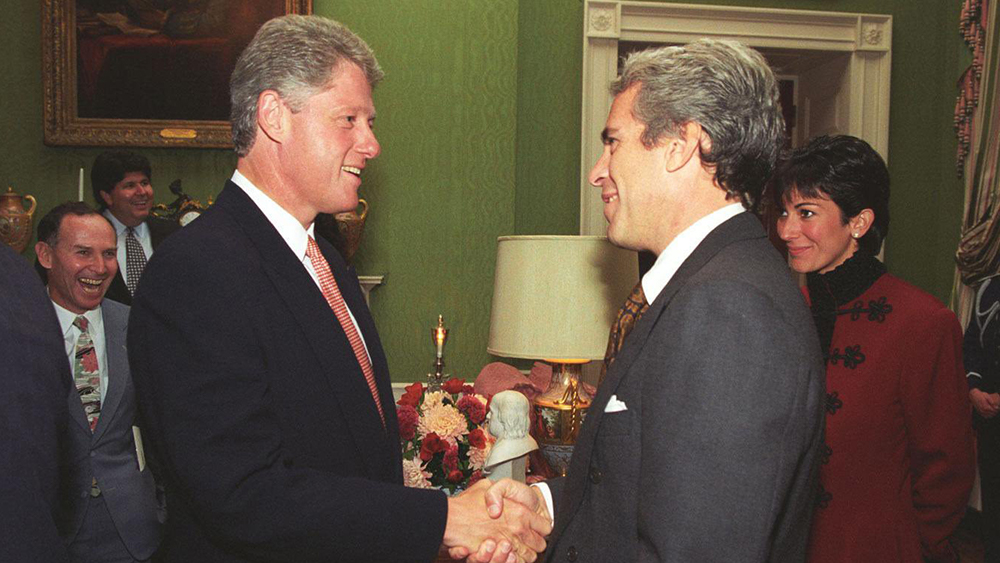 Parler
Parler Gab
Gab
- The Trump administration is probing whether the authors and publisher of the influential 2020 study "The Proximal Origin of SARS-CoV-2" allowed Dr. Anthony Fauci and NIH officials to shape its conclusions in exchange for federal funding.
- Despite private emails showing the authors (including Kristian Andersen) initially suspected a lab origin, the published paper dismissed the lab-leak theory, aligning with Fauci and Collins’ public stance.
- Emails reveal Andersen told Fauci and Collins the virus "looked engineered," but revisions softened skepticism. Andersen later received a $1.88M NIH grant, raising concerns about a quid pro quo.
- The DOJ is investigating whether Nature Medicine compromised editorial independence due to NIH funding ties, citing potential fraud violations. Critics argue the paper suppressed legitimate debate.
- Despite evidence supporting the lab-leak theory, the paper remains unretracted. The case highlights broader concerns about scientific censorship, with NIH officials acknowledging a "culture of cover-up."
The paper that shaped the pandemic narrative
Published in Nature Medicine in March 2020, "Proximal Origin" became one of the most cited scientific papers of the year, accessed over 6 million times and referenced by more than 2,000 media outlets. Its authors — including virologists Kristian Andersen and Robert Garry — initially privately expressed concerns that COVID-19 might have been engineered or accidentally leaked from a lab, according to emails later uncovered by congressional investigators. Yet the final paper concluded that a lab origin was "improbable," aligning with public statements from Dr. Fauci and then-NIH Director Francis Collins. Collins promoted it on the NIH blog, and Fauci cited it during a White House briefing, declaring its findings "totally consistent with a jump of species from an animal to a human." Critics, however, allege the paper was weaponized to suppress legitimate debate — a claim bolstered by internal communications showing Andersen and Garry privately doubted their own conclusions.Emails reveal behind-the-scenes pressure
Unredacted emails obtained through FOIA lawsuits reveal that in February 2020, Andersen told Fauci and Collins that SARS-CoV-2’s genome contained features that "look engineered." Days later, Wellcome Trust Director Jeremy Farrar — later the WHO’s chief scientist — urged revisions to the paper’s language, softening skepticism about lab manipulation. By March, the authors had pivoted, publicly dismissing lab-leak theories despite privately acknowledging gaps in their analysis. Months after publication, Andersen received a $1.88 million NIH grant for pandemic research — a timing critics call suspicious. In sworn testimony, Andersen denied any quid pro quo, but documents reviewed by The Intercept contradicted his claims, showing the grant was finalized post-publication.Justice Department’s fraud probe
In a March 2025 letter to Nature Medicine publisher Joao Monteiro, then-interim U.S. Attorney Edward R. Martin Jr. questioned whether the journal’s editorial independence was compromised by financial ties to funders like the NIH. Martin, now leading a DOJ "Weaponization Working Group," cited potential violations of fraud and postal statutes, asking Monteiro to address allegations of misleading readers. The probe has drawn backlash from media outlets like the New York Times, which warned of a "chilling effect" on scientific publishing. But transparency advocates argue the investigation is overdue. "When funders dictate conclusions, it corrupts the scientific process," said an anonymous NIH researcher in a Disinformation Chronicle essay.A legacy of doubt and unanswered questions
Despite mounting evidence supporting the lab-leak theory — including assessments by the FBI and Department of Energy — Nature Medicine has refused to retract "Proximal Origin." An online petition by Biosafety Now demanding retraction has gathered 5,700 signatures, while congressional hearings have exposed flaws in the paper’s peer review. The case underscores broader concerns about censorship in academia. A 2022 study found scientists challenging COVID-19 orthodoxy faced article retractions and professional retaliation. In 2024, NIH Director Jay Bhattacharya condemned a "culture of cover-up" under Fauci and Collins, pledging to foster dissent.Science, politics and the search for accountability
Five years after COVID-19’s emergence, the "Proximal Origin" saga remains a flashpoint in the debate over scientific integrity. The Trump administration’s investigation signals a reckoning for journals accused of prioritizing narrative over neutrality — but whether it leads to reform or further polarization hinges on transparency. As former NIH official David Relman noted, "When conclusions are driven by bias, not data, the public pays the price." For millions still seeking answers, the cost has been immeasurable. Sources for this article include: ChildrensHealthDefense.org DisinformationChronicle.Substack.com TheNation.comFDA limits COVID-19 vaccine approvals to elderly and high-risk groups, but millions still eligible
By Laura Harris // Share
California expands digital ID initiatives with new pilots and partnerships
By Laura Harris // Share
“We had lunch in Israel once”: New questions swirl over Epstein’s intelligence links
By Willow Tohi // Share
Israel proposes plan to screen Gaza aid recipients using facial recognition technology
By Laura Harris // Share
“Climate risk” hype overstates threats: Real culprits are real estate growth and density
By Willow Tohi // Share
Governments continue to obscure COVID-19 vaccine data amid rising concerns over excess deaths
By patricklewis // Share
Tech giant Microsoft backs EXTINCTION with its support of carbon capture programs
By ramontomeydw // Share
Germany to resume arms exports to Israel despite repeated ceasefire violations
By isabelle // Share










